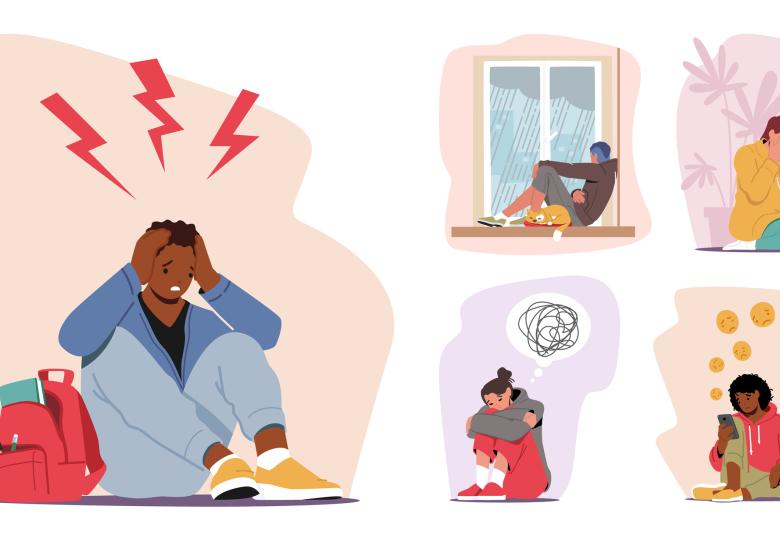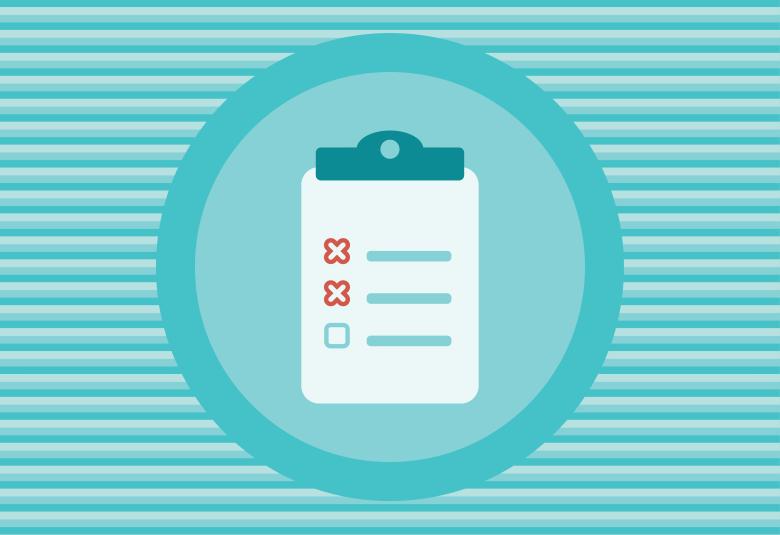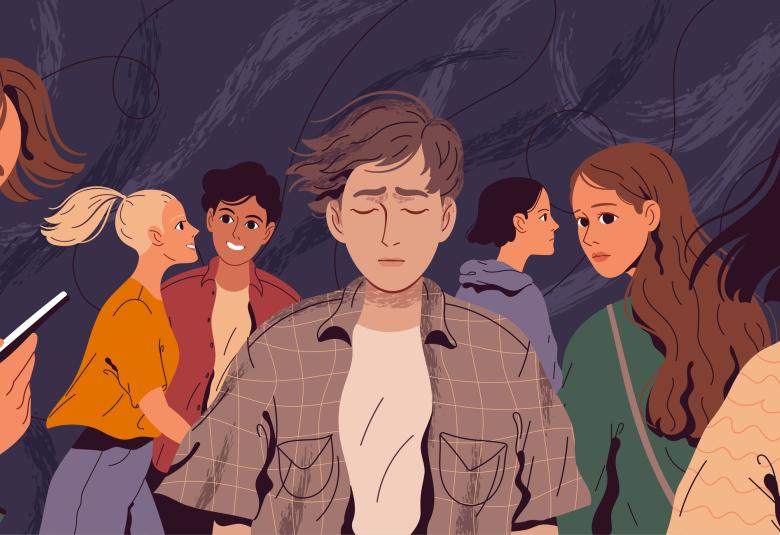Dr Geisler, a psychiatrist in private practice who works with the Centre for Social Psychiatry and Psychology answers some questions about depression in practice . Dr Geisler is also clinical director of www.skils.nl, an organisation that helps the return to work of people with psychiatric problems.
Q: What is the most significant challenge facing clinicians treating major depression?
A: Establishing a relationship of trust with the patient. Everything else flows from that. If you can do it within 20-40 minutes, you know that the patient will take the treatment.
I start with explanation and education. Then I present several options for drugs, along with their side-effects. Usually the patient responds by asking my opinion on what they should do, and normally they take what I suggest.
Q: What are the most significant advances you have seen during your professional life?
A: The role of patients in treatment is so much greater than it used to be. They take more responsibility. It is no longer a case of “You have depression. And you will take this.”
Q: What proportion of your major depression patients achieve remission?
I would say 98%. And I’m not joking. My approach is that if the therapy doesn’t work, it’s not the therapy that is wrong but my diagnosis. So I go back and try again. Maybe I have missed autism, or ADHD, or personality disorder. Or maybe the patient has some overwhelming social or family problem, such as going through a divorce.
That remission rate assumes a combination of drugs with psychological treatment. Cognitive Behaviour Therapy in the case of pure depression, followed by psychoanalytic supportive psychotherapy, as developed by De Jonghe. The therapist has to be “real” in the relationship. You have to let the patient see who you are.




